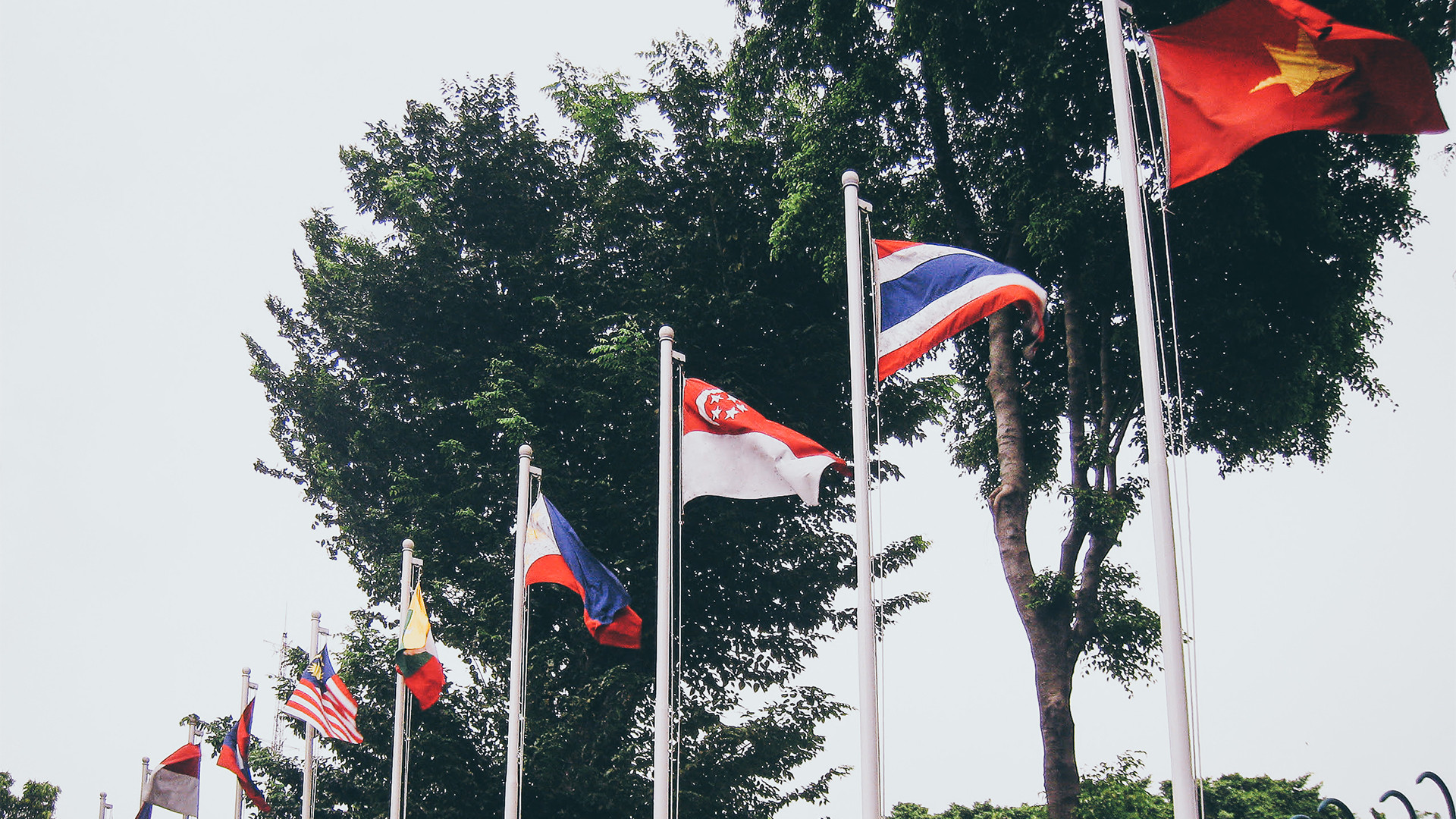Recently there has been a lot of media coverage about Taiwanese companies exploring new markets in countries like Malaysia, Singapore, Thailand, and Indonesia. When Taiwanese companies enter Southeast Asian Markets, it often means that they have to compete against larger and more recognized brands from Japan, Korea and China that already have an established presence and a stronger network. Is Taiwan too late in the game?
While new market players can use lower prices to attract new customers, this tactic can lead potential clients to perceive that there is a lack of confidence and quality in the product or service. Such perceptions ultimately result in a situation where sales are only made possible with additional price discounting, leading to a vicious cycle in lower and lower pricing that is difficult to escape.
Breaking away from the old approach to market expansion
DDG sees more companies moving away from this traditional approach to business – operating behind the scenes and focusing on communicating product quality and price advantages. Some companies are shifting towards to a brand-led model, boosting their branding capabilities, and putting their brand promise and value at the forefront of their communications. In the past, many of these companies considered the brand-led approach to be a practice that is only important and viable to companies from developed markets of the US and Western Europe. However, DDG has witnessed this new trend among Taiwan’s more successful B2B companies.
ECOVE Environment Corporation is an excellent example. ECOVE is a publicly listed environmental management services firm that has been leading Taiwan’s circular economy efforts since 1999. Why did they start investing in branding recently? They realized that they needed a strong brand to compete with other international players already established in the Southeast Asian markets. In an interview with the Taipei Times, ECOVE said that branding is “beneficial for ECOVE to build international channels and the expansion of brand business overseas.”
Following a rebrand completed in 2017 and an increase in brand-related marketing efforts, major forums and conferences have invited ECOVE to speak on topics related to building a circular economy in Southeast Asia. ECOVE has since signed consulting agreements in Vietnam, and India.
We have identified three crucial takeaways for companies that want to increase their presence in Southeast Asia:
Finding your purpose and making it your brand catalyst®
What value do you bring to the market? This was one of the questions posed to ECOVE when they set out to define their brand. The answer became the key to their success in Southeast Asia. The companies that express their purpose can command higher market attention, gain employee morale, and drive more business growth.
For ECOVE, that means absolute commitment to delivering “resource cycling efficiency.” It is a winning brand purpose because it is a trait that already exists within the organization. In fact, a commitment that has led to increases in the energy output of cycled waste per ton by more than 30% over the past 23 years. More importantly, ‘resource cycling efficiency’ stands for ECOVE’s promise to the value of the services that they can provide potential clients including national, regional and city governments.
2. Putting the brand catalyst® at the forefront of company priorities
Once the company clarifies its purpose/catalyst, it needs to be implemented with rigor. Organization leaders need to make sure that it is used to inform all of its business decisions, and spanning product development, marketing communications, and employee training.
A leading wheelchair manufacturing company headquartered in Chiayi, Karma Medical, successfully entered Indian, Thai, and Indonesian markets over the past ten years. Via the brand catalyst®, “Karma Fit,” Karma reimagined the company’s channel marketing efforts that contributed to significant gains in market share and market leadership. Although the wrong wheelchair can negatively influence an individual’s recovery, many buyers in the markets surveyed made purchase decisions based solely on price and aesthetics. Using the concept of “Fit”, Karma created educational materials and programs targeting distributors, medical professionals, and caretakers. The programs increased seller’s and buyers’ understanding of what is important when purchasing a wheelchair and contributed to the capturing of more than 40% market share in India.
3. Engaging employees and all stakeholders to drive long-term growth
In order to create sustainable change and market impact, companies need to start with people. Companies that successfully shift to a brand-led organization tend to have strong support from the top leaders in the company and a team dedicated to executing initiatives.
By way of example, CTCI, Taiwan’s largest engineering services company, created a brand management department within the company following a rebrand in 2016. This team ensures that the brand catalyst® is deployed across all of the company’s internal and external market communications, and in employee training. “Unless you can internalize the brand concept into the behavior of all the employees, you will not get the result you hope for […] This is an even bigger task for us to perform, and it needs to be done long-term,” said Chairman Yu of CTCI during an interview with the American Chamber of Commerce in Taiwan. After CTCI’s rebrand, the company has continued to grow in Southeast Asia, landing large-scale projects in Malaysia, the Philippines, and Thailand.
ECOVE, CTCI, and Karma are just a few of number of Taiwanese companies that are finding successes in Southeast Asia by investing in branding. Companies that want to seize opportunities in Southeast Asian markets should focus on finding their core purpose, putting the purpose at the forefront of their company, and engaging their employees in that purpose. As economic opportunities in Southeast Asian boom and the competitive landscape heats up, Taiwanese companies with ambitions to expand their businesses in the region should look into the power of branding to help them succeed.



